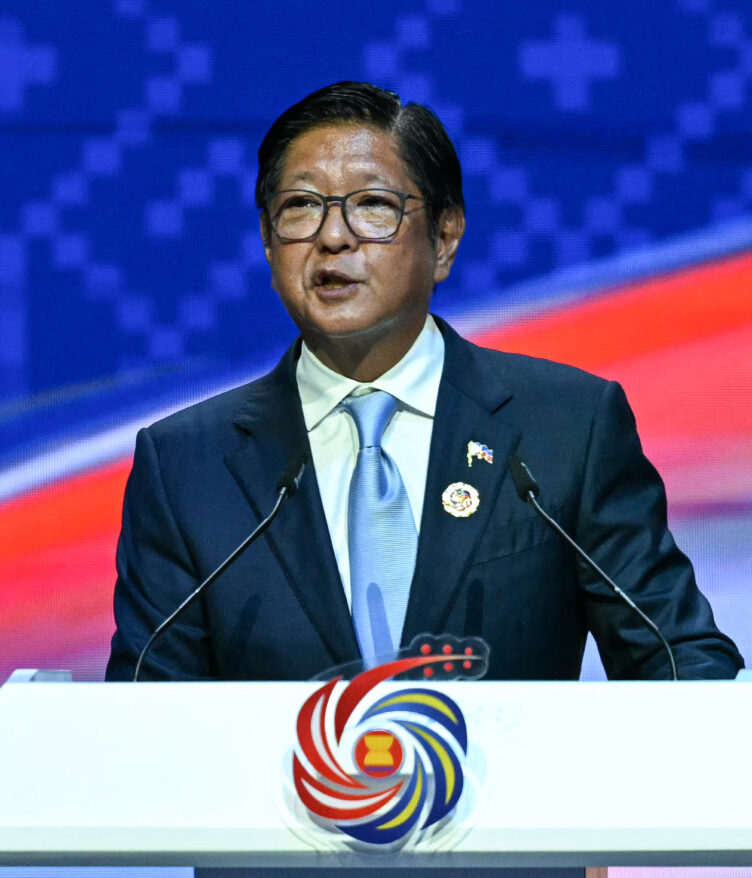Inflation eased for the second straight month in March, data from the Philippine Statistics Authority (PSA) showed on Wednesday, April 5.
At a news conference, the PSA said inflation settled at 7.6% in March, a percentage point lower than February’s 8.6%.
The government said the downtrend was due to the deceleration of food and transportation costs.
Food inflation slowed to 9.5% in March, compared to 11.1% in February.
This is because the price increases for sugar (35.2% from 37.0%), meat (4.6% from 6.5%), and vegetables (20% from 33.1%) have all slowed down.
The PSA also reported slower inflation in electricity (11.7% from 15.5%) and a reduction in the cost of private transportation (-5.6% from 6.2 percent) as the prices of diesel, gasoline, and LPG dropped.
The Bangko Sentral ng Pilipinas (BSP) earlier projected inflation to fall between 7.4% and 8.2% in March.
In a statement, National Economic and Development Authority (NEDA) Secretary Arsenio Balisacan said that the inflation outlook is still vulnerable to upward risks due to global supply uncertainties, impending wage adjustments, and increases in service fees.
SUGGESTED STORIES:
‘One Piece’ Season 2 release date set for March 2026
THE second season of the hit live-action adventure “One Piece”.
Alex Eala Books Round of 16 Berth at Hong Kong Open
FILIPINA tennis star Alex Eala has officially booked her ticket.
Philippines to take ASEAN chair with focus on South China Sea
Kuala Lumpur, Malaysia: Malaysia handed over the chairmanship of Southeast.
Balisacan said the Inter-Agency Committee on Inflation and Market Outlook promptly convened to establish coordination mechanisms for data gathering, assessment, and monitoring of supply and demand conditions that exert inflationary pressures.
According to the NEDA chief, the committee’s objective is to offer proactive policy recommendations regarding emerging threats to food supply, such as the potential escalation of African swine fever (ASF) and the weather disturbances linked to the El Niño phenomenon.
“We need a robust monitoring system and forecasting tools supported by reliable and timely information that will assist us in offering appropriate recommendations to the President and the Cabinet,” he said.
“These will help us in developing suitable policies and interventions to achieve food and energy security while ensuring that our country stays on course for sustained economic transformation and inclusive growth.”
How useful was this post?
Click on a star to rate it!
Average rating 0 / 5. Vote count: 0
No votes so far! Be the first to rate this post.
We are sorry that this post was not useful for you!
Let us improve this post!
Tell us how we can improve this post?








